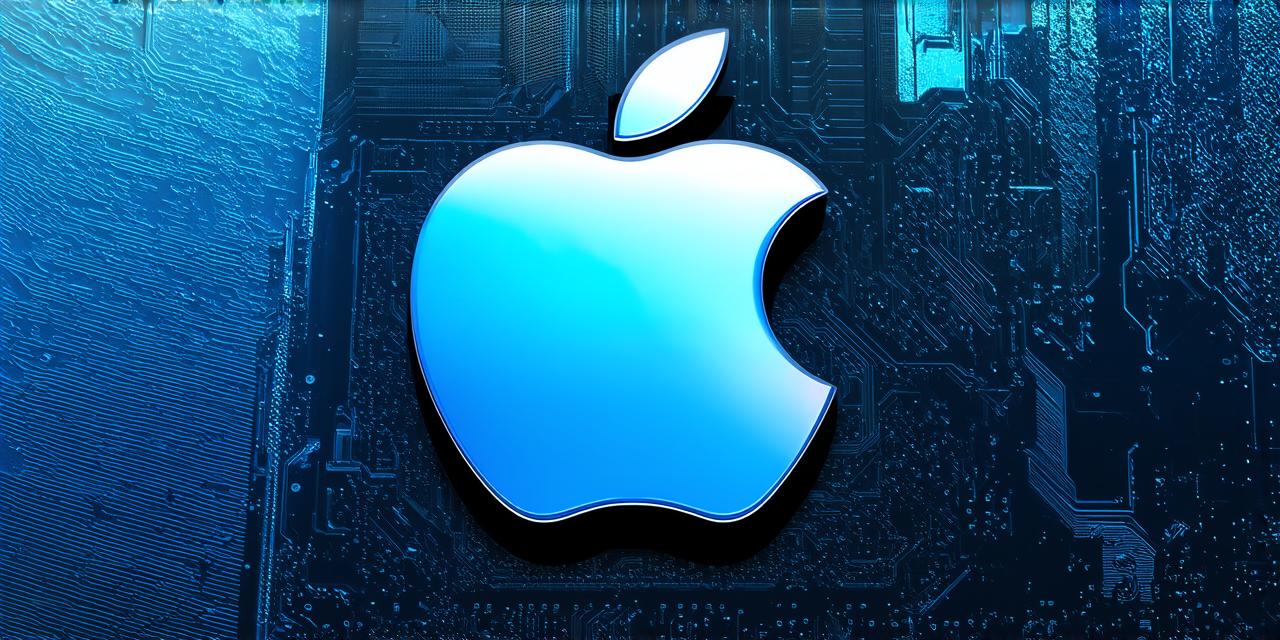Introduction:
As an iOS developer, you’re always looking for ways to stay ahead of the game and make sure your app is up-to-date with the latest features and security measures. One of the most important aspects of app development is keeping track of when new iOS updates will be released. In this article, we’ll take a closer look at the timeline of iOS updates and what you can expect in terms of new features and improvements.
When are iOS Updates Released?
iOS updates are typically released on a regular schedule, with new versions being released every fall and spring. The exact release date can vary depending on a number of factors, such as the version of iOS being developed, the type of device it will be compatible with, and the features that will be included.
The latest iOS update, iOS 15, was released on September 24th, 2021. This update brought a number of new features and improvements to the operating system, including enhanced privacy controls, improved notifications, and improved support for Apple’s 5G network.
In general, you can expect new iOS updates to be released on a quarterly basis, with the fall and spring releases being the most significant. However, smaller updates may be released throughout the year as necessary to fix security vulnerabilities or improve performance.
What to Expect in the Next iOS Update:
So, what can you expect from the next iOS update? While it’s impossible to say exactly what features will be included, there are a few things that we can look forward to.
One of the most highly anticipated features of the next iOS update is improved support for Apple’s M1 chip, which powers many of the company’s new Mac and iPad devices. This will likely bring improved performance and compatibility with more apps and games.
Another feature that may be included in the next iOS update is enhanced privacy controls, similar to those introduced in iOS 15. This could include features like improved app tracking transparency, which would give users more control over how their data is being collected and used by apps.
In addition, Apple has announced plans to roll out new features for its App Store Connect platform, which will allow developers to better manage their apps and track performance metrics. These updates could include new analytics tools, improved app review processes, and other features designed to make it easier for developers to create and maintain their apps.
Case Studies:
As an iOS developer, you may be wondering how these updates can impact your work. Let’s take a closer look at some real-life examples of how new iOS updates have affected app development in the past.
One case study that comes to mind is the release of iOS 10 in September 2016. This update brought a number of new features and improvements, including improved Siri integration and enhanced privacy controls. However, it also introduced a number of breaking changes that affected many developers, particularly those who had built apps that relied on older APIs or frameworks.
To address these issues, developers had to quickly adapt their code and update their apps to ensure they were compatible with the new version of iOS. This required a significant amount of time and effort, particularly for developers who had to make major changes to their codebases.

Another case study that highlights the impact of iOS updates is the release of iOS 13 in September 2019. This update brought a number of new features and improvements, including enhanced privacy controls, improved performance, and support for new hardware like the iPhone 11.
However, it also introduced a number of breaking changes that affected many developers, particularly those who had built apps that relied on older APIs or frameworks. To address these issues, developers once again had to quickly adapt their code and update their apps to ensure they were compatible with the new version of iOS.
